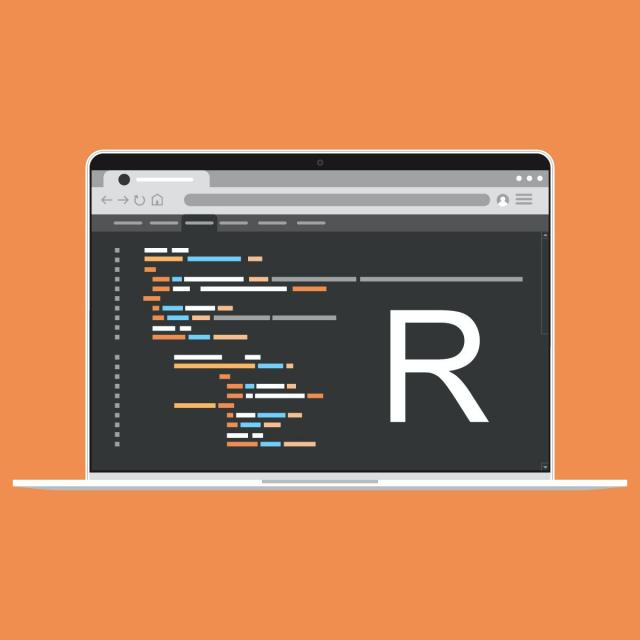MOOC List is learner-supported. When you buy through links on our site, we may earn an affiliate commission.

MOOC List is learner-supported. When you buy through links on our site, we may earn an affiliate commission.
The emphasis in this course is hands-on and practical learning . You will write a simple program using RStudio, manipulate data in a data frame or matrix, and complete a final project as a data analyst using Watson Studio and Jupyter notebooks to acquire and analyze data-driven insights.
No prior knowledge of R, or programming is required.
What You Will Learn
- Manipulate numeric and textual data types using the R programming language and RStudio or Jupyter Notebooks.
- Define and manipulate R data structures, including vectors, factors, lists, and data frames.
- Control program flow, define functions, perform character string and date operations, define regular expressions, and handle errors.
- Read, write, and save data files and scrape web pages using R.
Course 1 of 5 in the Applied Data Science with R Specialization.
Syllabus
WEEK 1
R Basics
Regardless of the programming language you use, all share some commonalities. For example, you’ll likely need to perform basic operations on different data types, like applying mathematical equations to numeric data.
You’ll also need an environment in which to write your code, and most modern integrated development environments (or IDEs) provide features that make writing code easier, like syntax checking, color coding, and integrated help. This module introduces you to the R language, its common data types, and techniques for manipulating them. You’ll also learn about the role of the R interpreter and how it transforms code into executable objects. Finally, you’ll be introduced to two of the most common IDEs for R development: RStudio and Jupyter Notebook.
WEEK 2
Common Data Structures
The R language supports many types of data structures that you can use to organize and store values in your code, including vectors, factors, lists, arrays, matrices, and data frames. Each data structure type serves a specific purpose and can contain specific kinds of data. So, it’s important to understand the differences between them so you can make the right choice based on your scenario.
In this module, you’ll learn about the types of data you can store in each data structure and how to add, remove, or manipulate its contents.
WEEK 3
R Programming Fundamentals
As with most programming languages, R supports coding features that you can use to control the flow of program execution, define functions that can perform specific tasks, work with common data types, like strings and dates, and make your code more robust by intercepting likely errors and handling them before they interrupt the execution of your code.
In this module, you’ll learn how to implement these fundamental programming tasks in R.
WEEK 4
Working with Data
Data is everywhere! The data you need to analyze may come from a traditional database, but it may also come from a variety of different sources and systems, and it may come to you in one or more formats. For example, your data might be in text, Excel, .JSON, or .XML files. Or it may not be stored in a file at all, but instead lives on the pages of a website. How will you take all these different file formats and load them into your R working environment?
This module provides you with the tools you need to read data from some common file formats and sources into data objects that you can then use and combine with other data objects in your data analysis.
WEEK 5
Final Project
MOOC List is learner-supported. When you buy through links on our site, we may earn an affiliate commission.
MOOC List is learner-supported. When you buy through links on our site, we may earn an affiliate commission.
